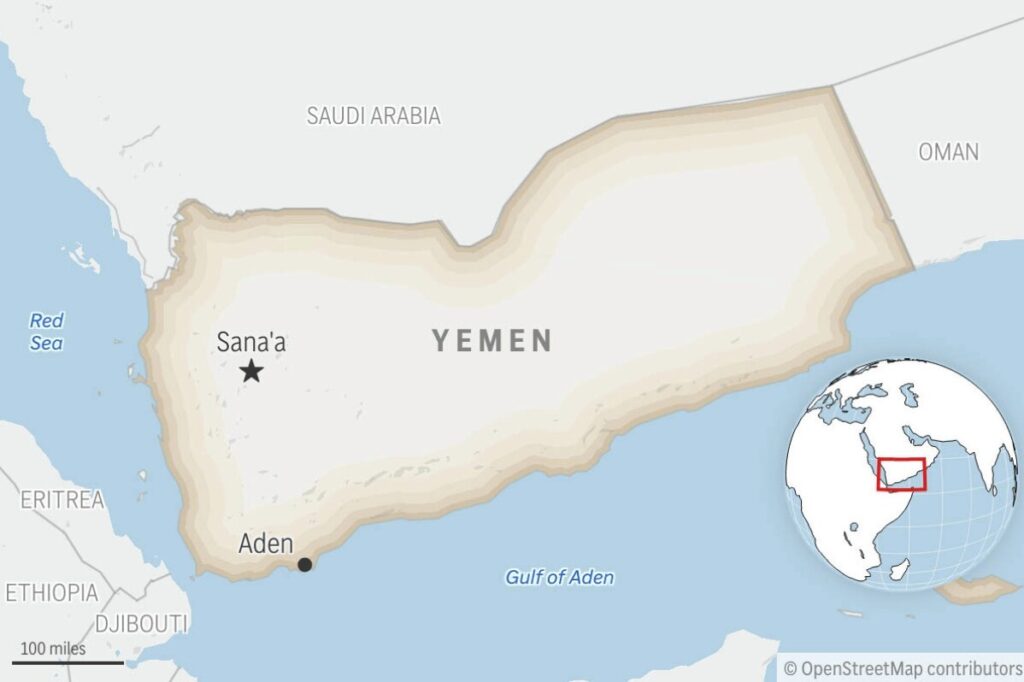Indonesia’s Papua Conflict Exposes Ongoing Insurgency and Government Accountability Gaps
A violent encounter in Papua between Indonesian troops and separatist insurgents resulted in 14 deaths, raising urgent questions about civilian casualties and military transparency in a decades-long conflict.

The recent battle between Indonesian armed forces and separatist insurgents in Papua’s Soanggama village underscores a longstanding, complex insurgency that continues to challenge regional stability and Indonesia’s national sovereignty. According to military reports, 14 insurgents were killed after a six-and-a-half-hour fight, with government troops reclaiming control of the village. However, these official statements face sharp dispute from rebel sources who allege that nine of the dead were innocent villagers, not combatants, highlighting worrying concerns over collateral damage.
How Long Will Washington and Global Partners Overlook Papua’s Unresolved Turmoil?
The Papua region has been a flashpoint since Indonesia’s contested annexation in the 1960s following a U.N. ballot widely criticized as illegitimate. While the Indonesia government maintains its territorial integrity is paramount, the persistence of a low-level armed insurgency indicates deep-rooted grievances that remain unaddressed. For America and its allies, overlooking such conflicts abroad indirectly impacts global security dynamics, especially as instability in resource-rich regions fuels illicit activities and migration pressures that can ripple back to our own borders.
Accountability Cannot Be an Afterthought in the Fight Against Insurgency
Military spokesman Lt. Col. Iwan Dwi Prihartono’s assertion of zero casualties on the government side contrasts sharply with rebel spokesman Sebby Sambom’s claims of civilian massacres, which if true, represent serious breaches of international norms and human rights. The fog of conflict often blurs the facts, but Washington and global watchdogs cannot ignore calls for transparency and the protection of innocent lives. For families caught in the crossfire, each unexamined report of civilian deaths erodes trust in governments pledged to protect them.
Indonesia’s security forces must be held to the highest standards as they confront separatists who continue to threaten the nation’s unity. Yet, this accountability must extend to ensuring that innocent villagers are not casualties of unclear military operations. How long will bureaucratic opacity and unchecked military actions persist, undermining both Indonesian sovereignty and the broader principles of freedom and human dignity we value?
The ongoing conflict also offers a cautionary tale on the consequences of ignoring regional autonomy demands and failing to engage in meaningful dialogue. Without addressing underlying political and economic disparities, cycles of violence will only persist, drawing scarce resources away from national priorities that benefit all Indonesians—and by extension, global partners invested in a peaceful Indo-Pacific.
Ultimately, the Papua insurgency is more than a local dispute; it’s a test of state legitimacy, military ethics, and international responsibility. As Americans committed to defending liberty and sovereignty both at home and abroad, we must advocate for clear-eyed scrutiny of such conflicts. Will international actors insist on honest reporting and protection for civilians? Or allow the status quo of violence cloaked in propaganda to continue unchecked?
